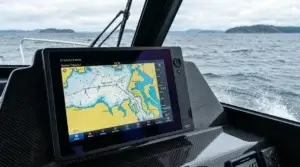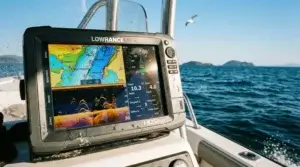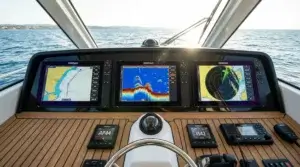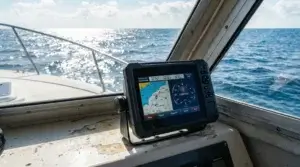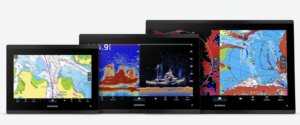Lessons Learned in the Marine Industry
The marine industry is one of the world’s oldest and most dynamic sectors, shaped by constant change, complex global demands, and the unforgiving nature of the ocean itself. Whether operating at sea or working shoreside, professionals quickly learn that the industry has its own rhythm, expectations, and realities. Over time, certain lessons stand out as universally valuable, guiding safer operations, better leadership, and more resilient teams.
1. Safety Is a Culture, Not a Checklist
Anyone who has spent time in the marine industry understands that safety is not merely a set of procedures but a mindset developed through discipline and repetition. Conditions can shift rapidly, equipment may fail, and a moment of complacency can lead to critical incidents. The best leaders stress proactive hazard assessment, clear communication, and responsibility at every level. The lesson is simple: safety culture must be lived, not laminated.
2. The Ocean Doesn’t Care About Your Plans
Weather windows close, machinery breaks down, and schedules shift without warning. One of the most humbling lessons is accepting that flexibility is essential. Operations succeed when teams prepare thoroughly, build contingency plans, and maintain realistic expectations. Respecting the unpredictability of the ocean is key to minimizing risk and maintaining operational effectiveness.
3. Communication Is the Strongest Tool You Have
With diverse crews, multinational teams, and high stress environments, effective communication is crucial. Misunderstandings can easily escalate into operational failures or safety incidents. Clarity, confirmation, and continuous feedback help bridge cultural, linguistic, and technical gaps. A team that communicates well performs well, on deck, on the bridge, and in the boardroom.
4. Technology Is a Powerful Ally, But Not a Substitute for Skill
Modern vessels and port operations rely heavily on automation, sensors, and digital workflows. While innovation has significantly improved efficiency and safety, it also introduces new types of challenges. The lesson here: technology enhances operations, but seamanship, judgment, and experience remain irreplaceable. Training must evolve with technology, ensuring personnel understand both the tools and the fundamentals behind them.
5. Leadership Is Earned Through Action, Not Authority
Marine operations often involve high stakes and pressure. Effective leaders are those who remain calm, make informed decisions, and show respect for the people around them. They lead by example, following procedures, acknowledging mistakes, and prioritizing the well being of their teams. The best leaders build trust, and trust is the foundation of every successful operation.
6. Continuous Learning Is Mandatory
Regulations, technologies, and best practices evolve rapidly. Professionals who commit to lifelong learning remain adaptable and valuable. Whether it’s training, certification, or informal knowledge sharing, staying updated is essential for both personal growth and organizational resilience.
Conclusion
The marine industry teaches discipline, humility, and teamwork. The lessons learned are shaped by challenges that test both capability and character. Those who embrace these lessons not only enhance their own careers but also contribute to a safer, more innovative, and more sustainable future for the industry as a whole.

